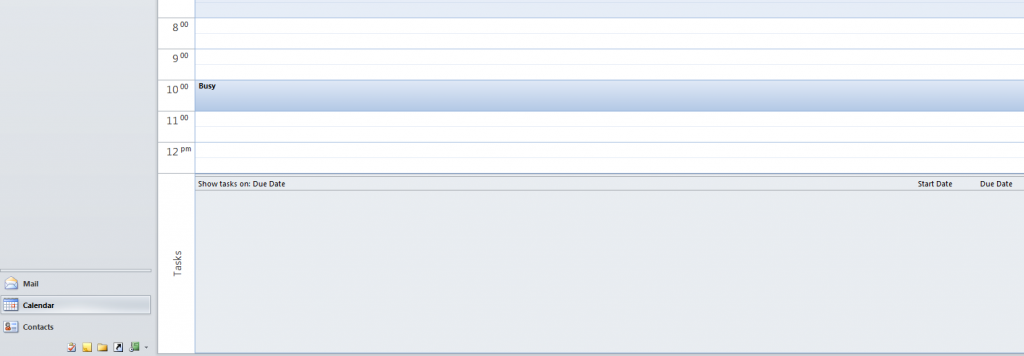3 Tips to Better Manage Your Time at Work
20 Sep 2018
Gaining motivation at work can be hard, especially if you aren’t satisfied with your role.
However, managing your time and learning to improve your productivity can have positive effects on your emotional and professional mindset and help you see your current job with a new perspective.
To get you started, we’ve explored three useful tips to help better manage your time at work;
- Plan ahead: Working smarter and allocating breaks.
- Learn to say no: Avoiding multitasking, and start prioritising tasks.
- Get organised: Eliminating distractions by creating a to-do-list.
Plan ahead
With today’s increasing demand on our schedules, the best advice for managing time in any work situation is creating a plan! No matter the role, working smarter and planning your day is a great way to measure and tick off your successes. In an office setting, having a notepad beside your computer with your tasks and goals for the day is a great motivator, boosting your drive to get to the end of the list.
Creating a buffer in your Outlook calendar is another great idea if you feel you have no time in your day, running from meeting to meeting. Set up an hour block each day and mark yourself as “Busy”.

If your mornings are when you can get the most work done, schedule the buffer for the late morning and leave your afternoon open for interruptions and impromptu meetings. This will ensure you get your tasks done while giving you time throughout the day to breathe; keeping your brain energised with food and hydrating with regular water breaks will also boost your performance!
Learning to say no
At times, saying ‘yes’ is the way to go. Yes to a new and challenging project, yes to more opportunity and yes to a pay rise. But, it’s also okay to say ‘no’. If you have a good reason to turn down a task (e.g. when you’re feeling overwhelmed with your current workload, be assertive in your decision and if you can, take the time to explain to the person asking you your reason why. They will understand and simply ask someone else. Or, if the task is not urgent to ask them to come back to you at a better time.
Use the below graph as a tool for prioritising tasks and delegating its importance in your schedule;

If you’re given an urgent and important task, this overrules the rest of the categories. If you feel a task is important, but not urgent, this graph gives you a visual example of where to put it on your priority list. The graph can also help when multitasking and categorising which tasks to complete first.
If it’s your boss or supervisor giving you the task, saying ‘no’ can become a little more intimidating. Try skipping the flat ‘no’, and go for a more subtle approach like “thank you for thinking of me for this task, however, I was hoping to spend today on….”, or “thank you, but unfortunately I have no free time this week due to…..” then schedule a time later during the week to discuss the project.
Get organised
Our final, yet vital tip is getting organised. Being organised in general is great, but being organised at work gives you the boost to get work done. Organising yourself at work can be as simple as correct stationery (pens, scissors, staplers), or an in-tray where people can leave proposals or drafts without distracting you.
Treat getting yourself organised as a project in itself. Outline what tools you’ll need to help you, a time frame from start to finish and a conclusion or self-reflection on how the process is helping you.
No one wants to leave work feeling unproductive or overwhelmed by the number of tasks left for the next day. If you want more advice and useful tools for better time management at work, we suggest the Time Management and Workloads one day workshop, starting 18 October 2018.